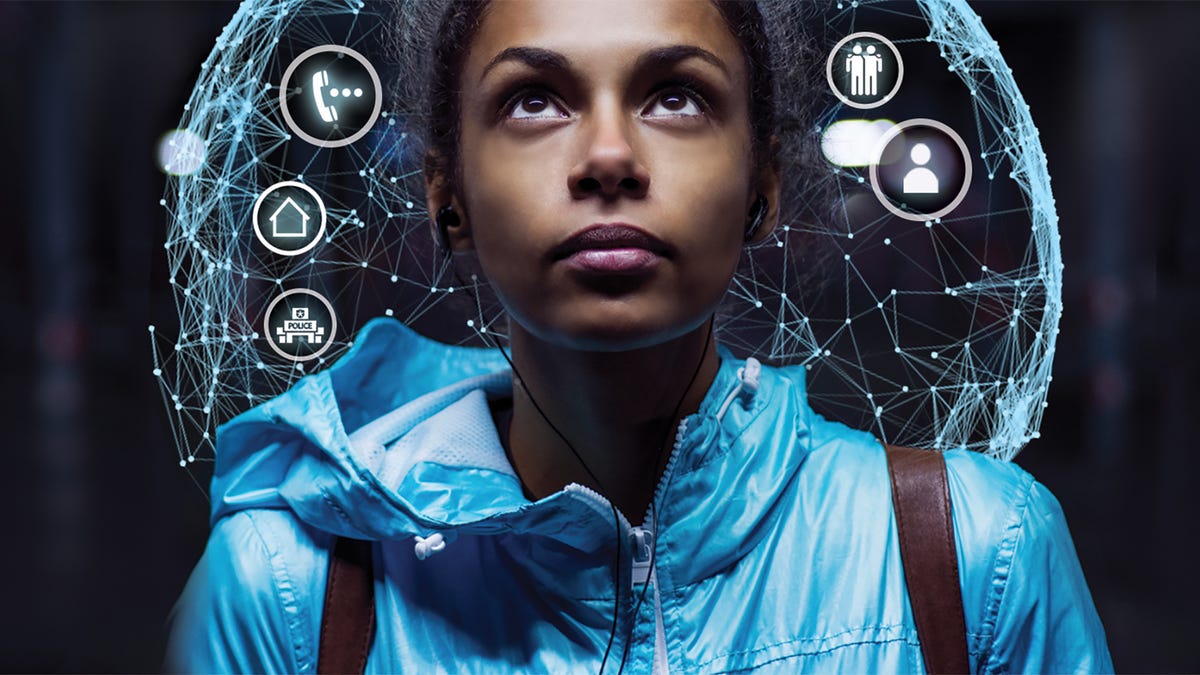XPrizes for clean water, women's safety launched in India
XPrize says it chose India to kick off its latest global contests -- to combat water scarcity and sexual violence -- because the country struggles with those issues daily.
If you can turn thin air into water, there may be more than $1 million in it for you.
XPrize, which creates challenges that pit the brightest minds against one another, is hoping to set off a wave of new innovations in clean water -- and women's safety too.
The company announced its Water Abundance XPrize and the Anu & Naveen Jain Women's Safety XPrize on Monday in New Delhi.
The first competition will award $1.75 million to any team that can create a device able to produce at least 2,000 liters of water a day from the atmosphere, using completely renewable energy, for at most 2 cents a liter. Teams have up to two years to complete the challenge.
India is at the center of the world's water crisis, with access to groundwater depleted in some northern and eastern parts of the country. Water has become so scarce in India that natural arsenic has infiltrated the soil and water in certain regions.
While there are systems that can currently extract water from the atmosphere, many of them aren't energy-efficient, or generating enough water.
"We know that overuse of groundwater resources are causing the water crisis and it's only getting worse," said Zenia Tata, XPrize's executive director of Global Expansion.
The $1 million Women's Safety XPrize calls for an emergency alert system that women can use, even if they don't have access to their phones. The alert would have to be sent automatically and inconspicuously to emergency responders, within 90 seconds, at a cost of $40 or less a year. The device would have to work even in cases where there's no cellphone signal or internet access.
With 4.8 billion people without access to a reliable emergency system, like 911 in the US, XPrize saw a need for a futuristic solution. It spoke with victims of sexual violence, as well as first responders, experts and psychologists on what could help save lives.
While the contest is international, the innovation-focused organization kicked off its competition from India, where the nation's citizens struggle with water scarcity and sexual violence on a daily basis.
"We understand that to solve humanity's grandest challenges, we need to go out to where these issues are most real," Tata said.
A 2013 survey revealed that in New Delhi, 95 percent of women didn't feel safe from sexual violence, with nearly 75 percent experiencing an attack in their own neighborhoods.
About two years ago, Tata said she had an encounter in India where she needed help, but couldn't access her phone.
Teams have 20 months to come up with the alert solution, which Tata predicted could be scaled to be used for hospital care and the elderly as well.
"I think it's no secret that India has a problem with women's safety," Tata said. "We feel like if this is something that could be solved in India and for India, then it could be more easily adopted in different parts of the world."
This is the first time the global XPrize competition has launched outside of the US. The solutions will be tested in India, in conjunction with XPrize in Los Angeles.


